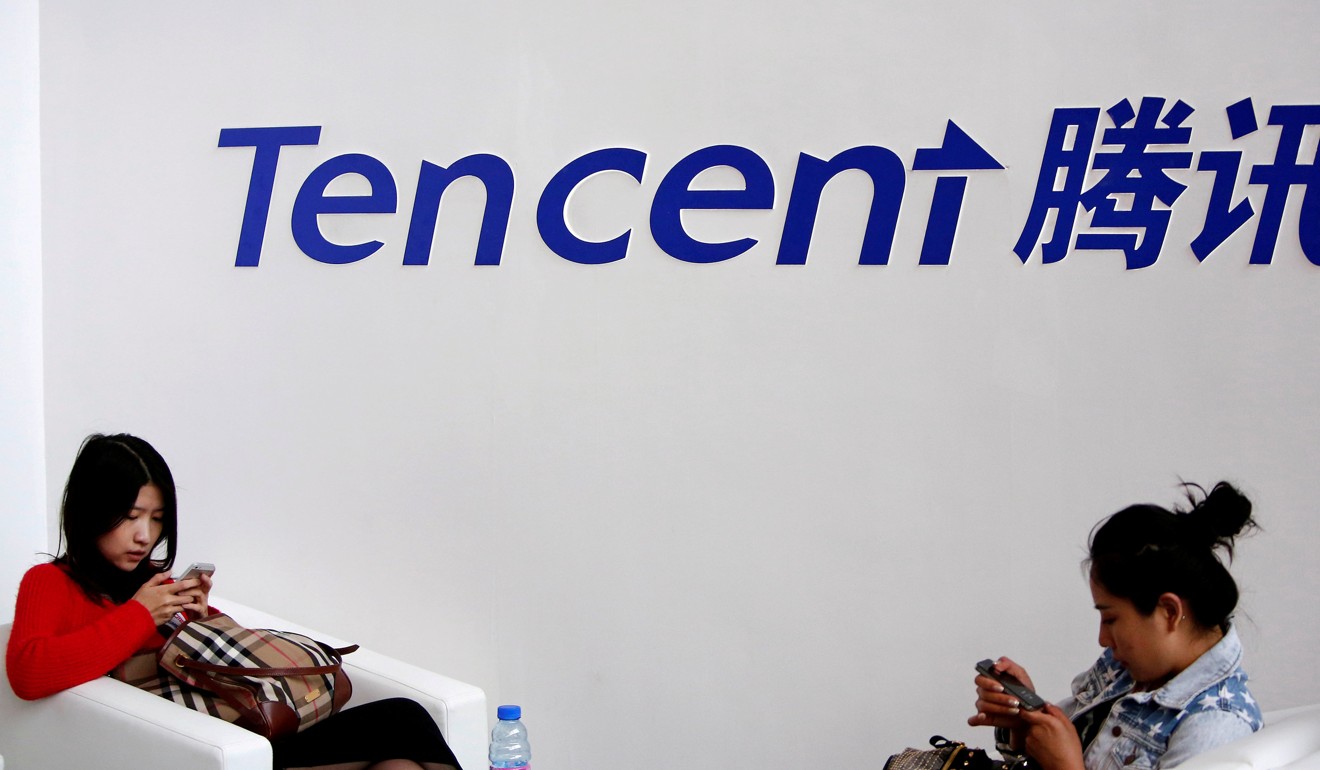
Tencent gets a licence to sell mutual funds to WeChat’s 1 billion users in China
Traditional finance houses now being seriously challenged in the wealth management market by emerging internet financial companies
Tencent has been granted a licence to sell mutual funds, as it continues expanding its financial services offerings.
Before gaining the licence, the tech giant was only able to act as a platform for fund houses and third-party fund sales companies to sell their products through qian.qq.com, its online wealth managing platform and its popular instant messaging tool, WeChat. Qian.qq.com is for users to access the service on PC, while a similar service on WeChat is for mobile users.
China’s market for reliable wealth management products is expected to explode in coming years, through the sales of funds and banking products, and traditional finance houses are now being seriously challenged in the market by emerging internet financial companies.
The Shenzhen Bureau of the China Securities Regulatory Commission, the nation’s top securities watchdog, has given Tencent subsidiary Tengan Funds Sales (Shenzhen) the licence to sell funds directly.

It has already gained financial licences for mobile payments, insurance, and micro financing.
The new licence will also give Tencent more say on what products are sold on its platforms, and grant users more options to help boost funds sold on WeChat – home to more than 980 million users, analysts said.
“With its new licence in hand, Tencent will have more leeway in building its wealth management segment on WeChat, instead of acting just as a platform, having to rely on third-party partners,” said Wang Pengbo, an analyst at consultancy Analysys.
“The new licence should pave the way for more structured and stable growth for Tencent, allowing it to expand further into financial services, in what's becoming a tighter regulated financial market,” he said.
Tencent has already teamed up with Howbuy, an online distributor of mutual funds, and a number of fund houses to line up nearly 100 mutual funds products via WeChat.
The new licence should pave the way for more structured and stable growth for Tencent, allowing it to expand further into financial services, in what's becoming a tighter regulated financial market
More broadly, it also reflects Tencent’s drive to transform its “Tenpay” from a pure payments service into a comprehensive financial services platform, Wang noted.
Also on Thursday, the tech giant launched the promotion of a new service that will allow users to pay their credit card bills via using the money-market funds available on Licaitong, or WeChat’s wealth management app.
If, for instance a user gets a credit card-bill on December 5 due on December 20 for 5,000 yuan, if they automatically transfer their outstanding amount into one of the funds, they can enjoy interest from the fund in the December 5-20 period and have no need to worry about forgetting to pay the due.
Users will avoid having to pay a 0.1 per cent charge on a credit card payment of more than 5,000 yuan (US$770) monthly. Tencent is also offering users cash incentives, capped at 88.88 yuan, for those who use the promotal service until February.
The four products are sold by big-name fund houses: Efund, China Universal Asset Management, China Southern Fund Management and China Asset Management.
Their combined scale, via various sales channels, had topped 220 billion yuan as the end of December, 2017, according to China Fund, a mainland China newspaper affiliated to People’s Daily.

